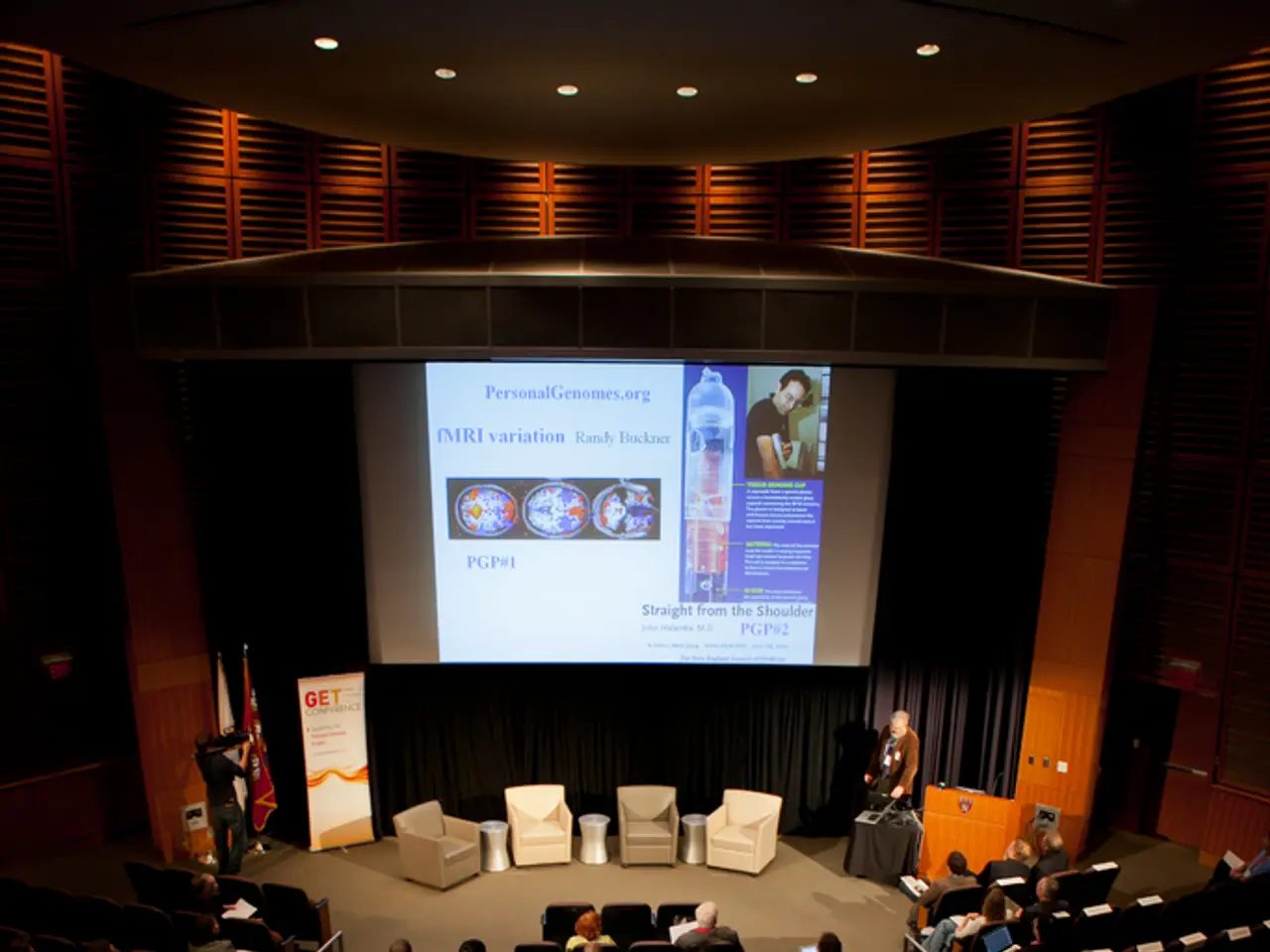Local Green and SPD parties in Dusseldorf strive to exclude AfD from their local election campaign events.
In a significant move, the Office for the Protection of the Constitution (BfV) in Düsseldorf has classified the Alternative for Germany (AfD) as a consistently right-wing extremist party. This designation carries substantial consequences, including intensified surveillance by German intelligence, potential restrictions or halting of public funding, and considerations to bar AfD members from public sector jobs such as civil servants, teachers, police, and military personnel.
The classification labels the AfD as a "confirmed right-wing extremist endeavor," signifying that the party promotes racist, anti-Muslim, and ethnoculturally exclusionary policies, which threatens democratic constitutional order. This decision strengthens the legal basis for monitoring the AfD's activities more closely and may embolden political and legal efforts to ban the party altogether.
However, AfD leaders have criticised the classification, arguing it is politically motivated and an attack on free speech. Ongoing legal challenges against the classification reflect this opposition. Public opinion polls, on the other hand, reveal substantial support for banning the AfD, with 48% favouring a ban and 61% viewing it as right-wing extremist.
Several federal states, including Brandenburg, Saxony, Saxony-Anhalt, and Thuringia, have already classified their regional AfD branches as extremist, reinforcing the pattern of state-level action against the party. This has increased pressure on AfD members in public offices, as authorities contemplate restrictions to protect public institutions from extremist influence.
The rise in far-right extremism in Germany, with a 23% increase in individuals linked to far-right ideologies in 2024, partly associated with AfD membership growth, further motivates state and federal agencies to confront the AfD's role in undermining democratic norms.
Amidst this, local election campaigns are ongoing in Düsseldorf. Clara Gerlach, a candidate for mayor, has decided not to participate in any discussion events during the campaign where representatives of the AfD are also invited. This decision is a response to the new position of the Office for the Protection of the Constitution regarding the AfD. The SPD Düsseldorf, which views Düsseldorf as an international, diverse, and open-minded city, has reiterated its stance towards the AfD, considering it not a party like any other but a hotbed for hate, agitation, and contempt for democracy. The SPD Düsseldorf is committed to keeping the AfD's influence minimal in Düsseldorf and has renewed its call for a ban on the AfD.
In summary, the classification by the Office for the Protection of the Constitution sets in motion enhanced surveillance, potential funding cuts, legal challenges to the party's legitimacy, and measures to exclude its members from sensitive public roles, reflecting the German state's effort to safeguard democracy from far-right extremist threats. The local election in Düsseldorf serves as a microcosm of this broader struggle, with candidates like Clara Gerlach choosing to distance themselves from the AfD in the name of democratic competition and inclusivity.
Read also:
- Court petitions to reverse established decision on same-sex marriage legalization
- Proposed Standardization of Food Labeling Laws Among Member States by the Commission
- Experimenting with Merz's Germany has stretched into an extended period of time, resembling a numerous three-month duration.
- Moderate discussions scheduled between U.S. President Trump and India's Prime Minister Modi next month, according to recent reports.





